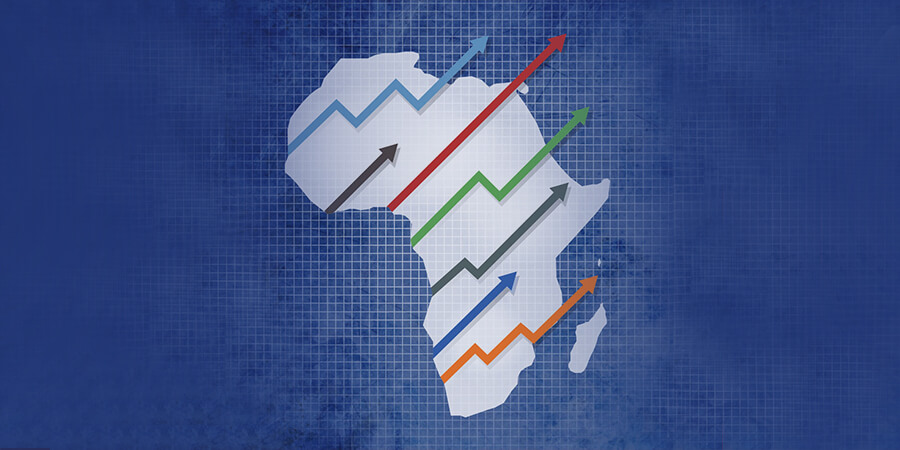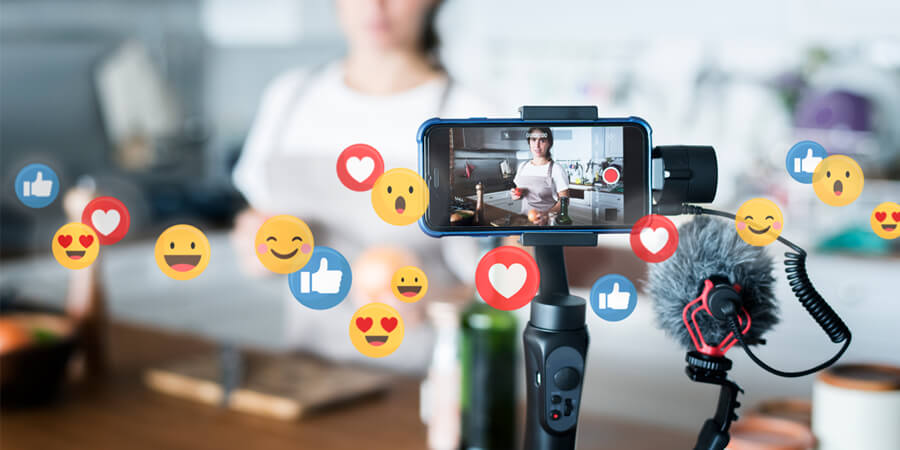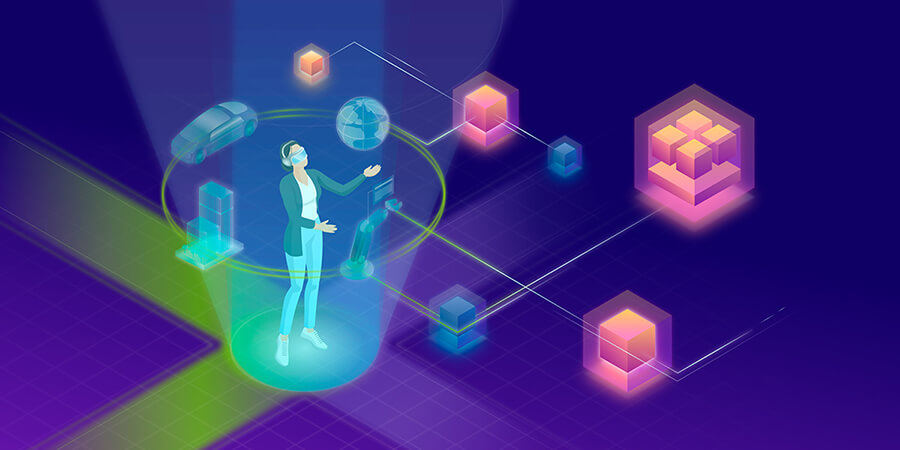Users' relations with electronic devices and technology are ever-expanding, disseminating access to social media platforms and smart applications daily. As users engage in the sharing of photos and videos with friends on Facebook or Instagram, they are withdrawing from an environment based in reality and thus better suited for joy and gratification.
Features
5G vs. Wi-Fi: Why Do You Need Both?
5G and Wi-Fi are both network options that provide high speeds, low latency and large user capacities. While Wi-Fi and 5G are often pitted against each other, both technologies are needed to take full advantage of the internet of tomorrow. 5G undoubtedly comes in handy in many situations, while Wi-Fi is still being developed and updated and will continue to be useful in many other circumstances. Ideally, these systems can end up working together to improve the wireless network.
The Power of Parity: Empowering Telecom Females in Africa
The gender gap in Africa remains high, and progress toward gender parity has not improved, which is a great missed opportunity for African societies. Africa holds so much promise, and yet persistent gender inequality is limiting its potential. It is home to some of the world's fastest-growing economies and offers new markets and growth opportunities for businesses. If the dark continent steps up its efforts to close the gender gap now, it can secure a significant growth dividend in the process. According to the McKinsey Global Institute, accelerating progress toward parity could boost African economies by 10% of their collective GDP by 2025.
Untapped Economic Growth Opportunities in Africa
Technology includes both the huge body of knowledge and the tools that channel the use of economic resources to effectively, efficiently and innovatively produce services. Technological progress is essential to economic growth and development; the more advanced the technology is, the more quickly the local and global economies of a country can improve. With an ever increasing number of its young people now connected to the internet, Africa is one of the continents expected to see major economic growth due to technology in the coming years.
Where Does the Cloud Generate the Most Value?
To achieve successful cloud strategies, companies should look for value. Many companies have made big investments, but the results have been disappointing. But giving up is not really an option: the cloud could generate as much as $1 trillion in value over the next decade, according to McKinsey research. Most organizations see the cloud as a “power magnet,” which amplifies value. But not all cloud services are created equal. Can cloud decision-makers make better value-based decisions when implementing cloud services by better understanding which ones drive the greatest value?
The Influence of Social Media on Communication
People use social media to stay in touch and interact with friends, family and various communities, while businesses use social applications to market and promote their products and track customer concerns. Social media liability can refer to insurance claims or even lawsuits for any online harassment, which can also result in a loss of social media privileges on sites like Facebook, Twitter, etc. Even a company blog can create a social media liability exposure, so, increasing awareness of social media liability exposures may help to minimize or avoid these attacks.
Building Trust in the Digital World Today and Tomorrow
To maintain their relationships, reputations and revenue streams, organizations must invest in earning "digital trust" in an era of ever-present cyber threats that weaken stakeholder trust. Digital trust is the confidence among customers, employees and partners, in an organization’s ability to create and maintain the integrity of all digital assets (e.g., data, applications) and to ensure transparency and accessibility, security, privacy and control, as well as ethical standards.
Realities Can Transform Future
New technologies such as virtual reality (VR), augmented reality (AR), mixed reality (MR) and even extended reality (XR) are developing at a fast pace to shake up our approaches to individual consumption. They are also offering support to every company that is looking for more and more options to better adjust and personalize its dealings with each and every customer. Importantly, these new technologies come from different places and they seek to do different things while using similar technologies like 3D objects and AI.
Connecting the Globe: The Ever-Growing Industry of Submarine Cables
Subsea cables are the global backbone of the internet, connecting people, businesses and economies around the world, and are the key to accelerating digital transformation, especially with the rise in global internet usage during the COVID-19 pandemic, which emphasized the need for widespread, reliable connectivity and infrastructure.
Data at the Service of Personalized Customer Experiences
Gone are the days of random blasts and generalization. Today, a company must be specific, personal and strategic in its efforts towards its clients. And to establish and maintain a long-lasting relationship, all you need is data. The more data you hold, the better relationships or partnerships you can have to deliver a top-notch, transparent user experience.














